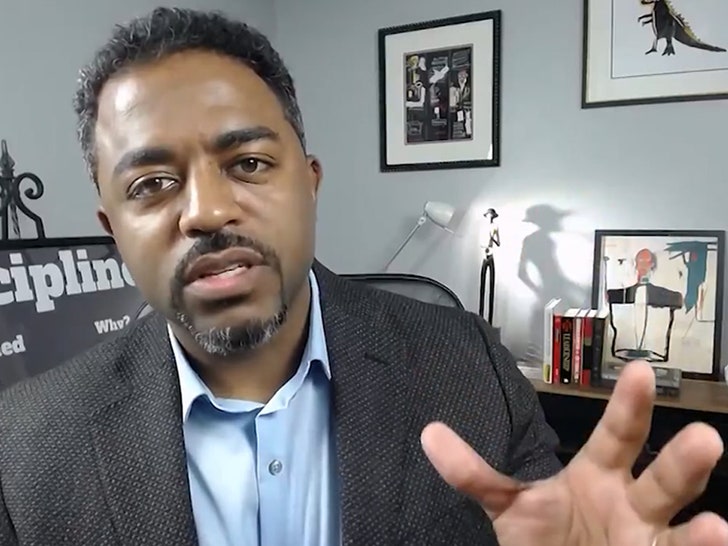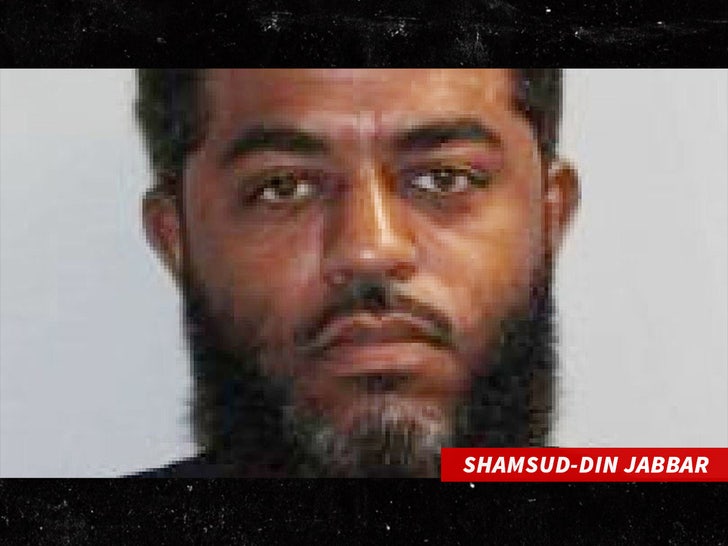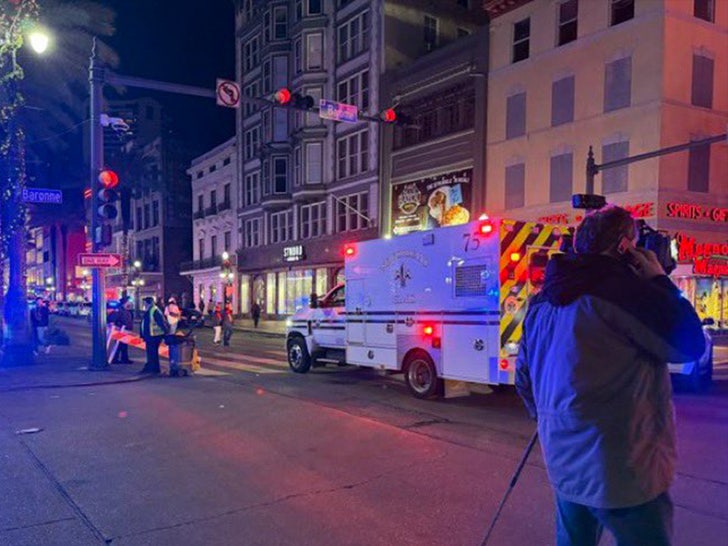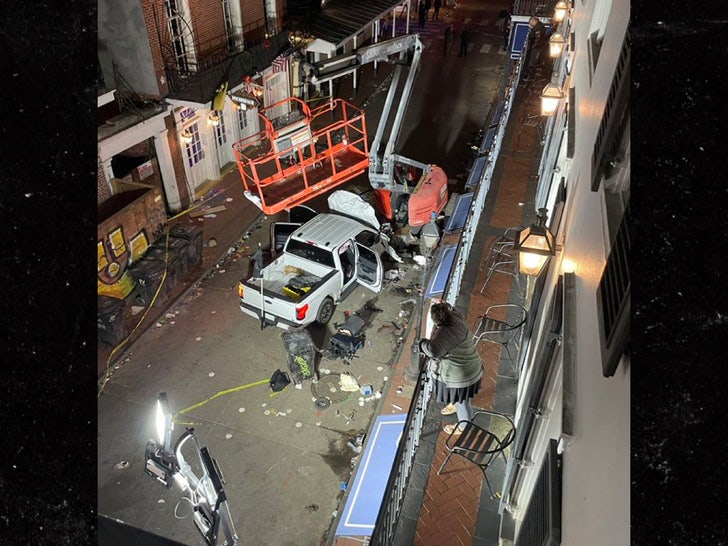Insights into the New Orleans Terrorist Attack
Brother Claims Shamsud-Din Jabbar Was Influenced by Radicalization
… Following the Tragic Bourbon Street Incident

The younger brother of the New Orleans terrorist, Shamsud-Din Jabbar, is shedding light on the motivations behind his brother’s actions, attributing the tragic rampage that claimed the lives of 15 individuals and left many others injured to a process of radicalization. This devastating incident, which shocked the community, raises important questions about the influences that can lead individuals down a path of violence.
Abdur Jabber, speaking to the New York Times, revealed that his brother was once a practicing Christian in his youth in Beaumont, Texas. However, as time went on, Shamsud-Din converted to Islam and dedicated a significant portion of his life to studying the faith. This transformation indicates a profound shift in his beliefs, yet it also raises concerns about the factors that may have contributed to his radicalization.

Abdur emphasized that his brother’s actions do not reflect true Islamic values. He stated, “What he did does not represent Islam. This is more some type of radicalization, not religion.” His comments highlight the distinction between the faith itself and the extremist actions that can occur when individuals are influenced by radical ideologies, underscoring the importance of addressing such interpretations of religion.
During their last conversation two weeks prior to the attack, Abdur noted that Shamsud-Din had not mentioned any plans for violence or an assault on Louisiana’s iconic French Quarter. This lack of warning can be particularly troubling, as it raises the question of how deeply someone can be influenced without those around them recognizing the signs of impending violence.
Abdur recounted that Shamsud-Din joined the Army in search of direction and structure in his life. He was deployed to both Iraq and Afghanistan during significant conflicts, experiences that may have further shaped his worldview. Military service can often lead individuals to confront life-altering situations, which may contribute to complex psychological and ideological transformations.
As reported, on New Year’s Eve, Shamsud-Din allegedly rented a pickup truck and drove it into a crowd of celebrants on Bourbon Street, resulting in widespread chaos and devastation. Following this horrific act, he engaged in a gun battle with the police, which ultimately led to his death. This violent act has left many questioning the underlying motives and influences that drove him to commit such a crime during a time meant for celebration.

Authorities have reported that the attack resulted in 15 fatalities and at least 30 injuries, classifying it as a terrorist attack. The implications of such violence extend beyond the immediate loss; they reverberate through communities, sparking fear and uncertainty among residents and visitors alike. Understanding the motivations behind these acts is crucial in preventing future tragedies.
The investigation by the FBI and local law enforcement revealed alarming findings, including an Islamic State flag attached to the pickup truck and a potential explosive device inside the vehicle. The Islamic State, commonly referred to as ISIS, is notorious for its brutal tactics and extremist ideology, contributing to a global discourse on terrorism and radicalization. This association raises deeper concerns about the influence of extremist groups in shaping the actions of individuals like Shamsud-Din Jabbar.







